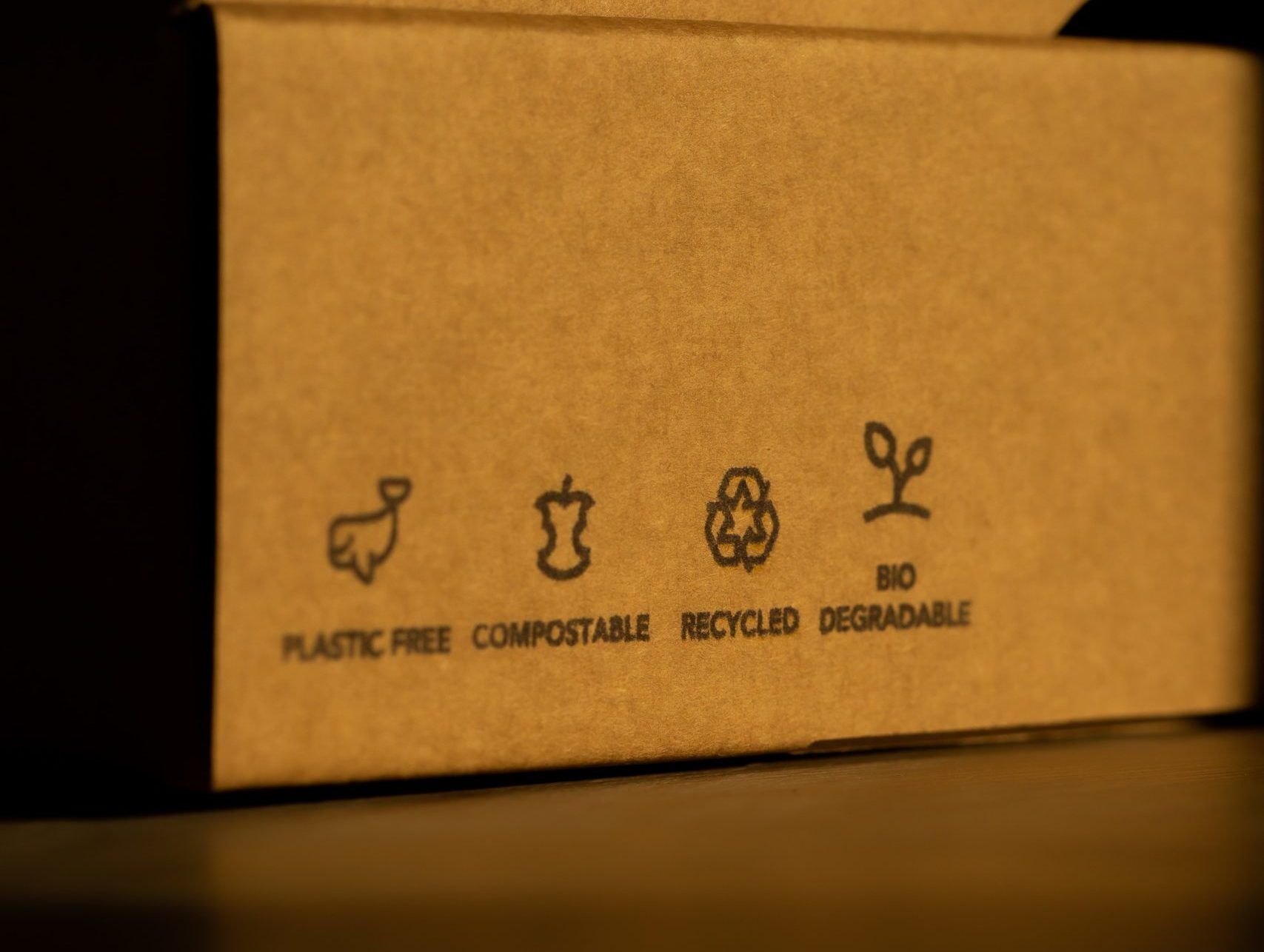Eco-friendly labels are popular these days, but do these labels really mean anything? The answer is a big maybe.
In the world of marketing, there’s a lot of deceptive practices involved with labelling products. Companies will often label products as eco-friendly to attract customers and make their products seem more appealing.
In fact, a lot of these labels are just advertising ploys and don’t actually have anything to do with the environment. But don’t worry, by the end of this article, you’ll have everything you need to know about spotting fake eco-friendly labels.
The Problem With Eco-Friendly Labeling
The problem with eco-friendly labeling is that it’s often marketing hype. Companies like to label their products as eco-friendly because it attracts customers who are looking for eco-friendly products. This is true for businesses in nearly every sector.
The most reputable companies will have used trustworthy certifications on their packaging to prove their product’s sustainability. However this can be a long and costly process to secure these well-known certifications. This is why some companies use generic badges to help consumers know that their products has been designed with the environment in mind.
The problem is that many businesses will simply use generic logos and marketing claims without any regard for whether their product is actually eco-friendly.
Fake Eco-Friendly Labels to Watch Out For
The most common eco-marketing phrases are “green”, “eco-friendly” and “Earth Friendly”. The problem is that these slogans are usually not backed up with any certifications or third party approvals and the terms used aren’t very clear.
On top of that, when it comes to marketing claims such as “Natural”, for example, there are no rules and regulations in place. Therefore, these labels can mean virtually anything. The term “natural” is not defined by any government agency. It is often used to refer to healthy plant-based ingredients like essential oils which are found in many health-oriented products.
Technically, the term “natural” could be used to describe products that contain petroleum…
Ultimately, these are examples of greenwashing – a marketing a ploy used be companies to appeal to eco-conscious customers.
Greenwashing phrases to look out for
There are a lot of words and phrases that companies use to appear to be green. These phrases include:
- Eco-friendly
- Plant-Based
- Earth-Friendly
- Natural
- Biodegradable
- Ocean-Friendly
- 100% natural product
Some or all of the product’s statements might be technically true, but it doesn’t mean that the product is eco-friendly, as I discovered in my research into plastic-free tea bags.
For example: “Biodegradable” is a term that people often confuse with “compostable”, however the two a very processes are different. A product that is biodegradable can still take decades to breakdown into small pieces, and even then it could leave toxic materials behind that are harmful for the environment.
Can You Trust Eco-Labels?
It becomes pretty clear that the only way consumers can tell what is truly eco-friendly and what is not is through recognised certification and third party approval.
We’ve created a list of trustworthy ethical and eco-friendly labels that you should look out.
As a result, increasing awareness of labels have to be developed to make sure that what the marketers claim is correct. An eco-label should mean that tests and reviews have been done on the product at every stage of its production – right from sourcing the materials through to packaging and disposal.

